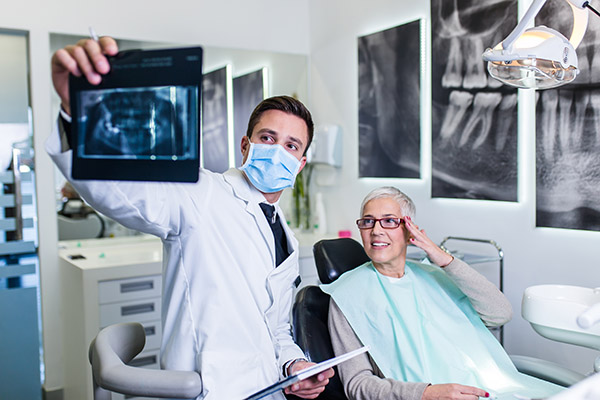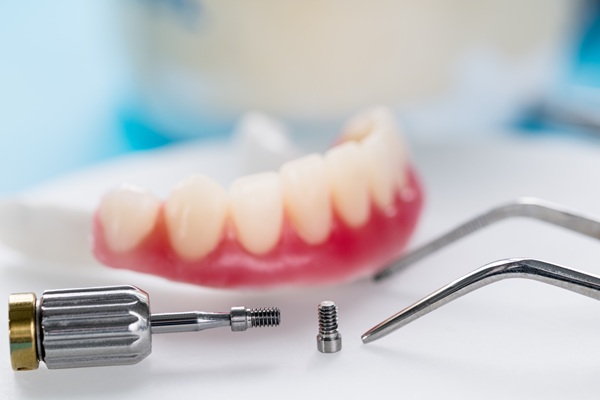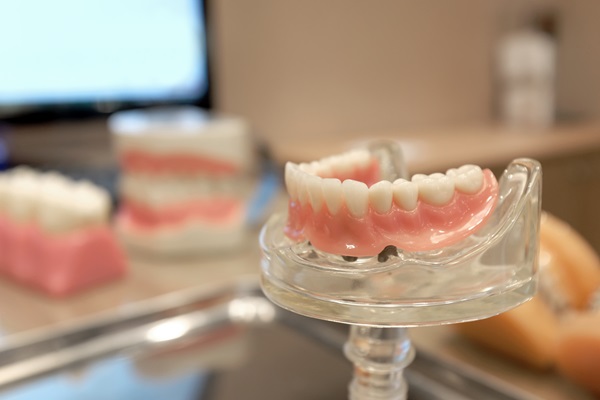 Having a dental X-ray is essential at a dental checkup to find decay and other teeth issues. Managing and diagnosing different conditions often happens with an X-ray. The dentist can use the X-ray if it is hard to detect the problems with a simple visual exam. The X-ray can take images of the jaw, tooth root, and other structures. That way, the dentist can find a range of issues.
Having a dental X-ray is essential at a dental checkup to find decay and other teeth issues. Managing and diagnosing different conditions often happens with an X-ray. The dentist can use the X-ray if it is hard to detect the problems with a simple visual exam. The X-ray can take images of the jaw, tooth root, and other structures. That way, the dentist can find a range of issues.
About X-rays
The number of times a patient needs to have an X-ray depends on oral health and the current condition. The dentist might recommend one during a dental checkup for new patients. That provides a baseline to check new issues against. Patients may also need to get X-rays every two years or so.
The kinds of available X-rays
There are several kinds of X-rays that patients might have. Each one has a different purpose and these record various areas in the mouth. For instance, a bitewing X-ray is for looking for cavities between the patient’s teeth. The patient might bite on the piece of plastic so the dentist can see if things match up. If these do not, there might be a cavity.
An occlusal X-ray involves looking at all the teeth at once. Dentists can detect problems with the mouth’s floor or palate with the X-ray. The dentist might have the patient tighten the jaw to look at how the teeth line up. Then the X-ray can happen.
The dentist might have a periapical X-ray to look at the teeth from the crown to the root. It is useful for detecting issues with the root or bone structures around it. If there are changes, then the teeth might not be in alignment. There could also be decay in the area.
The dentist might recommend getting an extraoral X-ray if there are jaw problems. One of the more common types is a panoramic X-ray, used to look at the wisdom teeth. These can also find issues with the jaw and help place dental implants. The patient might have them done before having the wisdom teeth removed so the dentist can see where the teeth are.
About the radiation of dental X-rays
A dentist might recommend having an X-ray done as much as every six months for some patients. These do expose the patient to some degree of radiation. Still, it might be even riskier not to have any X-rays done. Getting a full X-ray in the mouth only exposes each patient to about 1/23 of the amount of radiation that patients get from natural resources.
Every year, patients get some amount of radiation from these resources. Part of the reason for that is that today’s X-ray devices have become highly advanced. These no longer put forth quite as much radiation. That makes it less risky.
Get an X-ray at the next dental checkup
Getting a dental X-ray during a checkup is necessary for a patient’s oral health. These allow the dentist to see if the gums and teeth are still healthy. If the patient has concerns about radiation exposure, the dentist can help take the right precautions. Making an appointment today is the first step.
Request an appointment or call Emerson Dental Associates at 201-620-9998 for an appointment in our Emerson office.
Recent Posts
As part of your six-month dental checkup, your dentist will look for a variety of current or potential issues. To do that, the dental professional looks at new X-rays and performs an oral examination. If the dentist spots something, perhaps a cavity, they will fill it on the spot. If you have never had a…
Patients might not always get the most out of a regular dental checkup. But asking some questions during that time can help patients gain more information on different topics. The dentist has experience and knowledge in many areas. Continue reading to learn a few things to ask the dentist.One reason for having a dental checkup…
There are many reasons you should have a dental checkup, but it is not uncommon to have a fear of the dentist. The gums, teeth, and tongue all play a significant role in helping you have a nutritious diet. When these do not work well, you may not be able to eat the right foods.…


